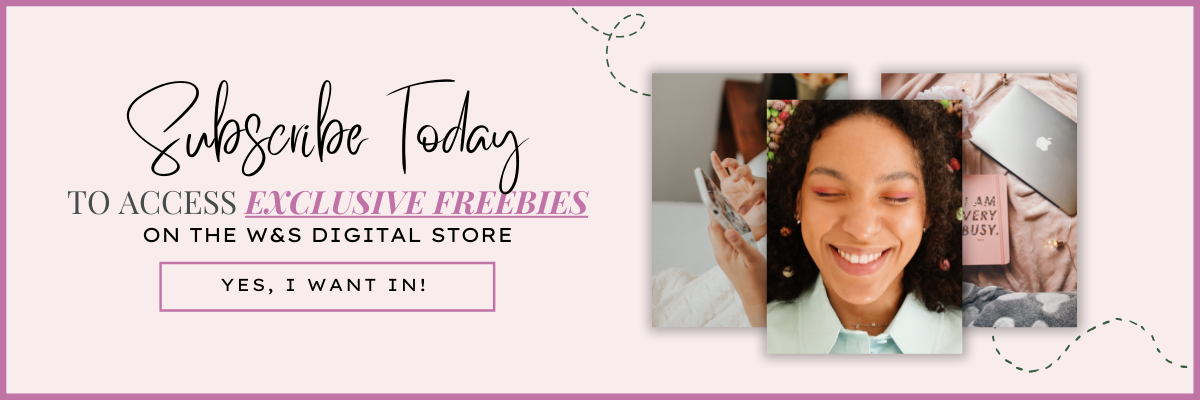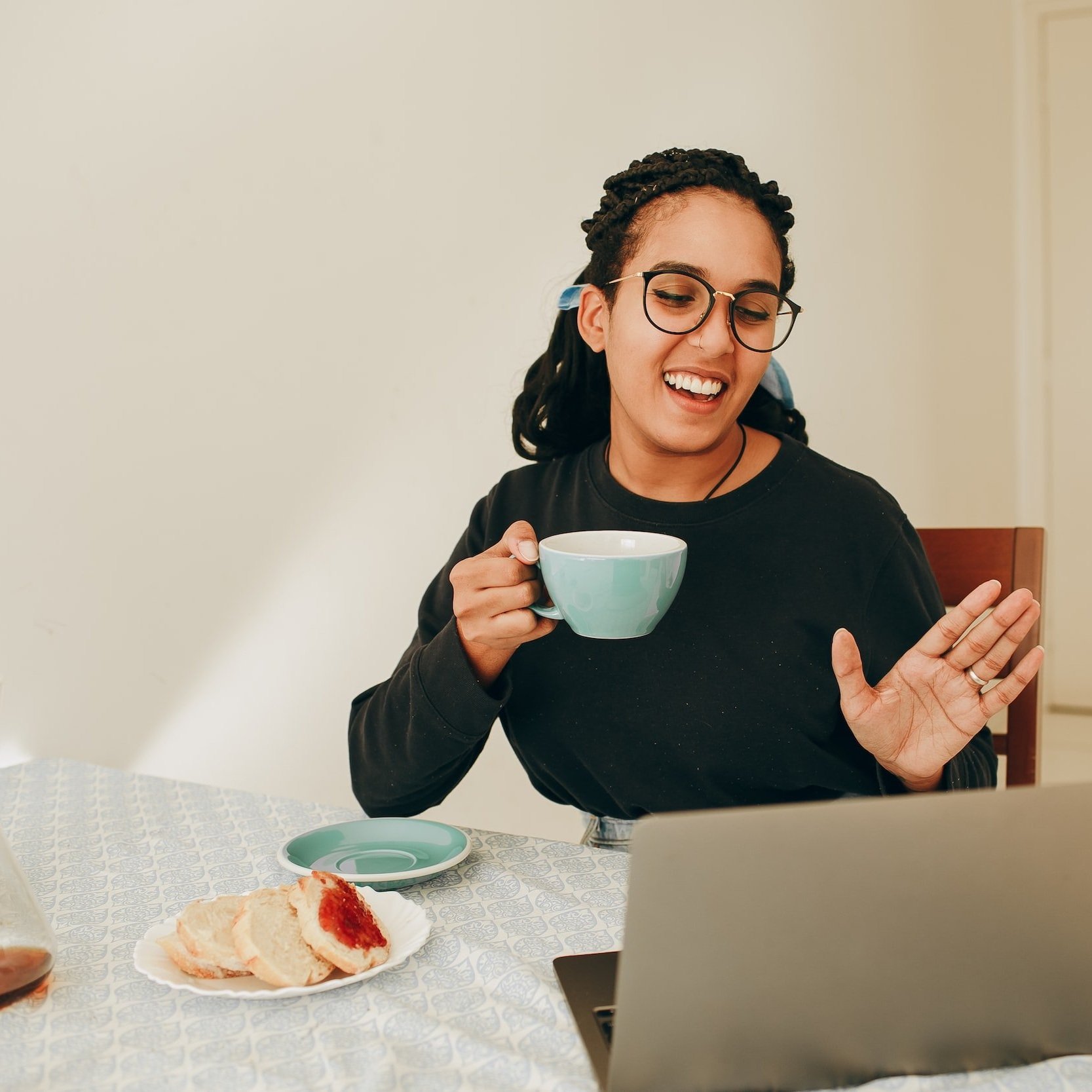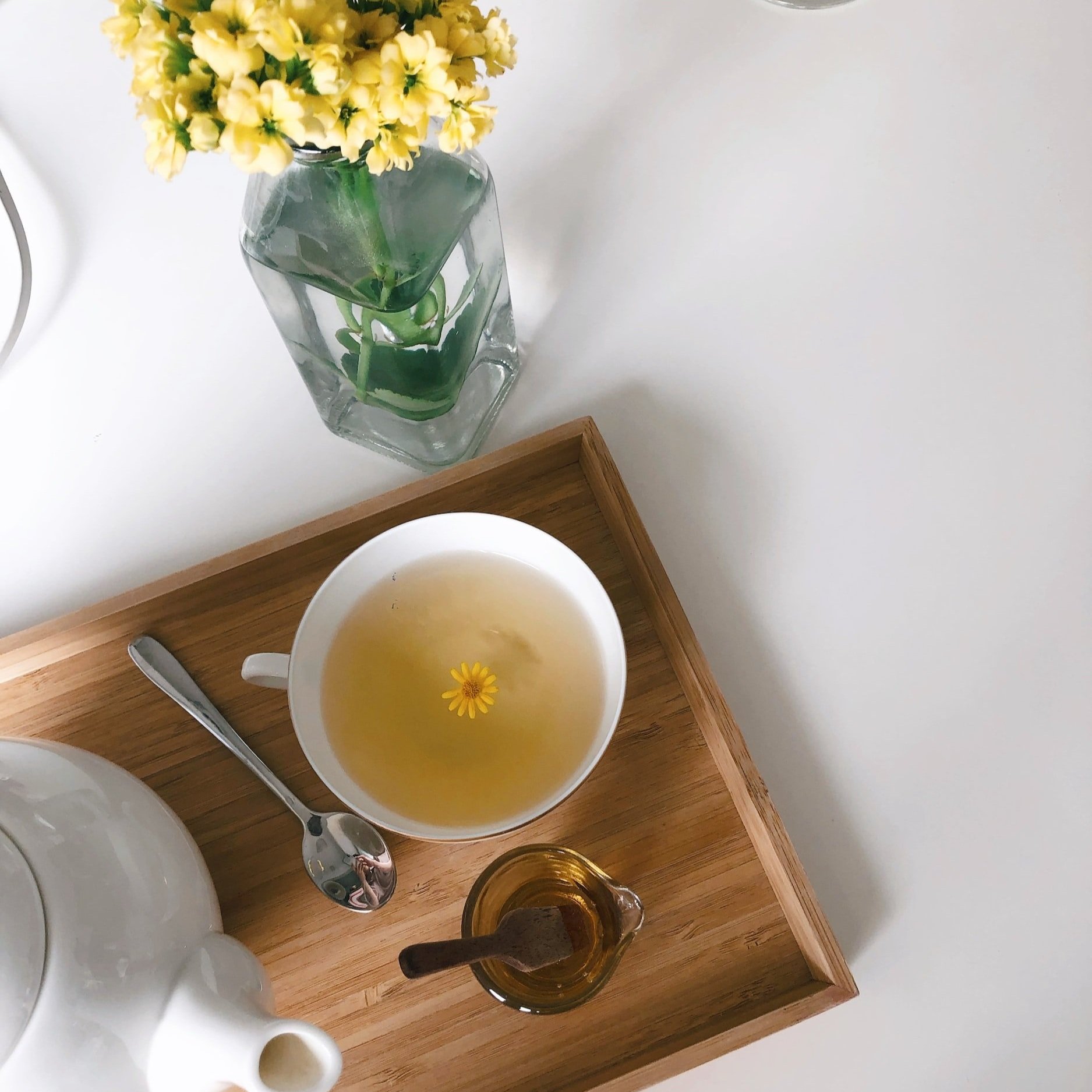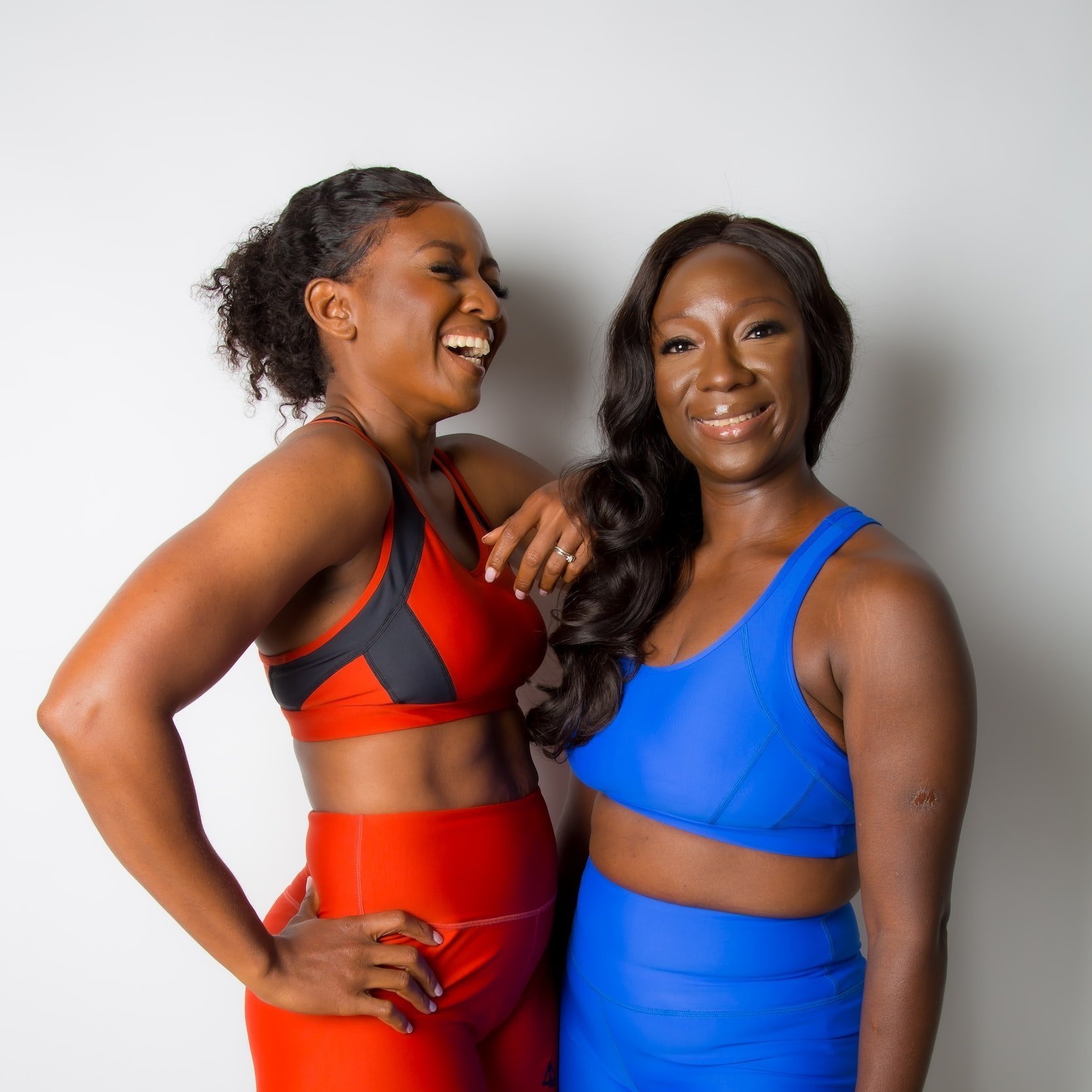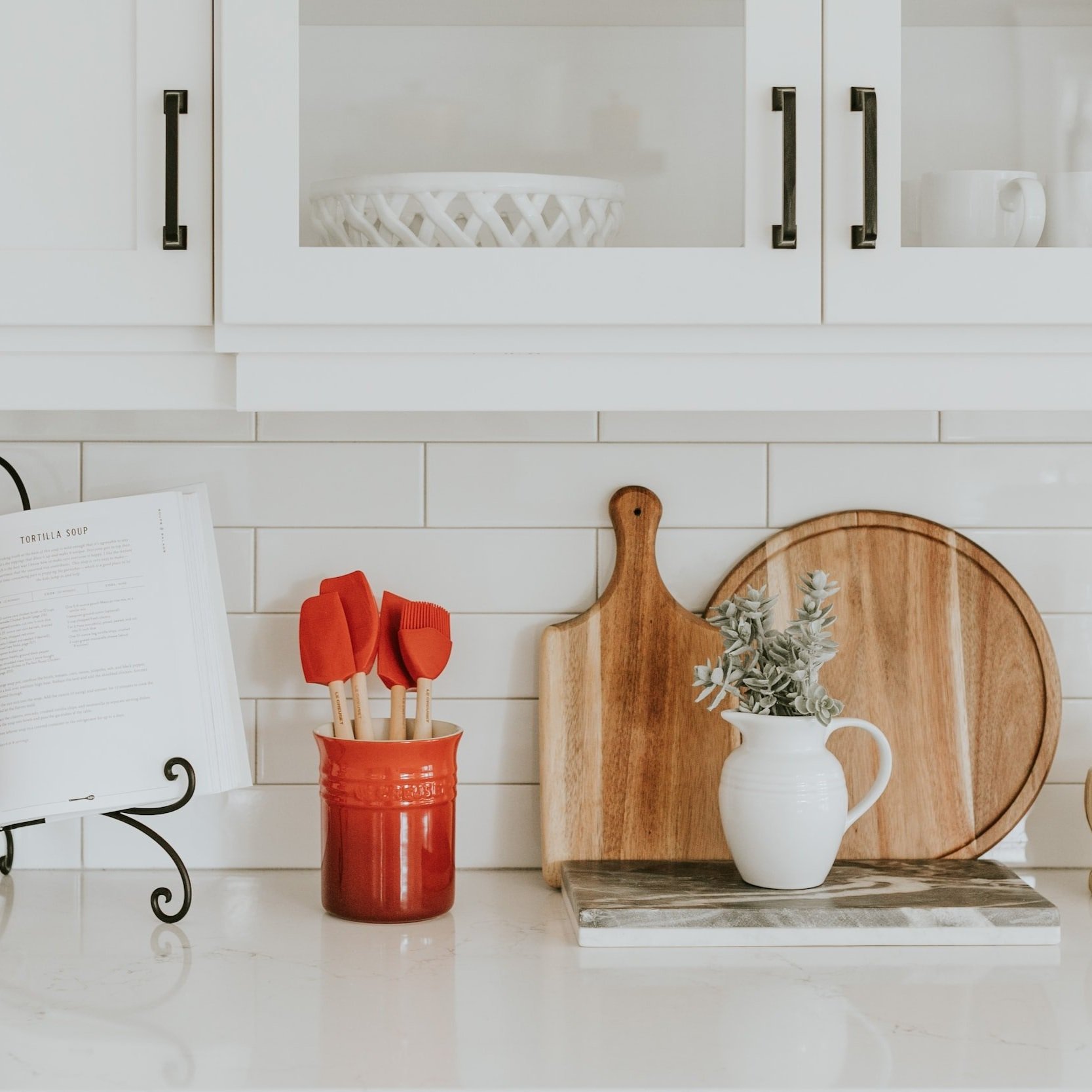Crippling Anxiety: Our Guide For Getting Through
W&S Health & Wellness Editor
SHARE ON:
Anxiety always kinda sucks, but there’s no doubt crippling anxiety is so much worse. Learn about what separates crippling anxiety from healthy anxiety, what it looks like, and what you can do to cope. Be sure to like, share, and subscribe for more content like this!
What Exactly Do We Mean by “Crippling” Anxiety?
Crippling anxiety isn’t like typical anxiety. Although it sometimes gets a bad rep, anxiety is a natural feeling humans need to survive. However, the problem begins when this feeling of anxiety becomes unmanageable and hinders your everyday well-being.
Hence, you have crippling anxiety or what professionals sometimes refer to as “clinically significant’ or “debilitating” anxiety. Anxiety, to this degree, brings us into the anxiety disorder territory, which includes diagnoses such as:
Generalized Anxiety Disorder (GAD);
Obsessive Compulsive Disorder (OCD);
Social Anxiety Disorder (SAD); and
(Complex) Post-traumatic Stress Disorder ((C-)PTSD).
Anxiety disorders are the most common mental health diagnoses in the US, and racialized women are not exempt from this reality. Cultural norms and expectations disregarding mental health, lack of access to comprehensive healthcare, and disproportionate exposure to violence all contribute to racialized American women having very little support for their mental health.
Experts like Erica Martin Rihards (M.D., PhD) explain these factors are a crucial reason minority women are twice as likely to experience a depressive episode as men but are only half as likely to seek help compared to white women. As a result, BIPOC women are often left with the bleak reality of having to fend for themselves when dealing with anxiety.
There are also gendered, and race-specific stereotypes women deal with. Black women, for example, are often touted as “strong”. This stereotype of unrelenting resilience can sometimes discourage black women from getting the critical help they need, as they are expected to push through no matter what life throws at them.
Unfortunately, mental health problems like crippling anxiety are not things that just go away on their own. It is not something people can just get through without consequence. Targeted support and, sometimes, medical treatment are always the best way to go for nipping the impacts of crippling anxiety in the bud.
Common Symptoms of Crippling Anxiety
Clinically significant anxiety has a range of symptoms, including:
Disruptive sleeping patterns: sleeping too much or too little
Disruptive eating patterns; eating too little or too much
Difficulty concentrating
Feeling completely out of control of one’s life or surroundings
Feeling disinterested and not wanting or being unable to engage in activities that make you happy
Being easily fatigued and/or irritated
Having unexplained pains or aches (stomachaches, headaches, muscle spasms, etc.)
Having trouble making eye contact with or being around people you don’t know
Excessive worrying about things or situations where you are safe and cannot cause you harm
There are obviously other ways anxiety can show up in your life. However, these above symptoms are common for many people across the crippling anxiety spectrum.
If you know someone suffering from a range of these symptoms, it’s probably time to seek help from a medical professional and check out some of our coping tips below.
Tips for Coping With Crippling Anxiety (When You Don’t Have Reliable Access To A Mental Health Professional)
1. Communicate With Your Support System
Anxiety has been shown to have a positive relationship with social isolation. This means the more anxious you are, the more you feel isolated from others. The more you feel isolated from others, the more anxious you become.
Falling into this cycle is extremely common for those suffering from crippling anxiety and often causes them to feel unable to ask for support. The first step in making your anxiety more manageable is communicating to those you trust that you are struggling.
Of course, this doesn’t mean that everyone in your life is automatically going to be able to understand or even support you in all the ways you might need. However, your friends and family must be allowed to support you first.
Sharing your experiences and reaching out to others is the first step in trying to tackle it. It makes your anxiety seem less personal, reducing the burden from something only you experience to something your community is going through together.
No one is perfect because everyone has stuff they deal with, and your friends and family want you to be happy and healthy. By communicating and showing up in your authenticity regarding your anxiety, you also give your friends and family a chance to do the same and be transparent about what they’re going through.
2. Consider Switching Your Coffee for Tea
Caffeine and anxiety are not always the best match. Studies show that high doses of caffeine can induce or worsen anxiety symptoms.
This phenomenon happens because caffeine increases adrenaline, a stress hormone. Significant increases in adrenaline can negatively impact your sleeping patterns, hostility, and psychotic symptoms.
For coffee-addicted peeps struggling with crippling anxiety, coffee might be counterproductive when trying to manage our mental health. Coffee generally has twice the amount of caffeine when compared to tea.
This disparity becomes more apparent when you compare coffee to white tea, which usually contains one-third of caffeine or herbal tea that’s caffeine free! This is also true for matcha, another coffee alternative that’s been shown to have less anxiety-inducing effects when compared to coffee.
Try slowly switching your coffee for tea or matcha over a few weeks to months. This might reduce your anxiety symptoms without causing caffeine withdrawal. Of course, this may not work for everyone, but it's worth a shot for those serious about tackling their crippling anxiety.
3. Eat Foods For Good Moods
There is no doubt that what you eat directly impacts your mood. For instance, greasy foods that are highly processed are associated with an increased risk of depression and anxiety, especially for children and teens.
On the other hand, there are plenty of foods associated with helping to decrease crippling anxiety and contribute to more joyful moods. Some of our personal favorites include:
Dark Chocolate
Dark chocolate contains what are called “flavonoids”, or natural substances acting as antioxidants that aid in protecting your cells. They also help reduce your blood pressure and generally make you less anxious.
Although, it’s important to note that dark chocolate also contains caffeine. Therefore, having quality dark chocolate (at least 70% cacao) in moderation is the best way to go!
Lentils
Lentils are known for being excellent sources of protein and are staples in south Asian cuisine. However, their high B vitamin folate content is not as known, which makes them incredible mood boosters.
B vitamin folate is vital for producing the “happy hormone” serotonin. Lentils also benefit from being complex carbohydrates, which are essential in balancing mood and stabilizing our energy levels.
Fermented Foods
The power of fermented foods (i.e., sauerkraut, greek yogurt, or kimchi) to alleviate digestive problems and improve gut health is a hot topic on platforms like Tiktok and Instagram. What’s better is that improved gut health is also associated with better mood!
Fermented foods are now being understood as “psychobiotics”, meaning they can increase microbes essential for producing mood-boosting chemicals like dopamine and the previously mentioned serotonin.
Our Curated Free & Accessible Tools for Coping With Crippling Anxiety
Youtube is free to use and filled with great tools for those wanting to tackle their crippling anxiety. To help you get started, we’ve put together a range of playlists available via Youtube:



